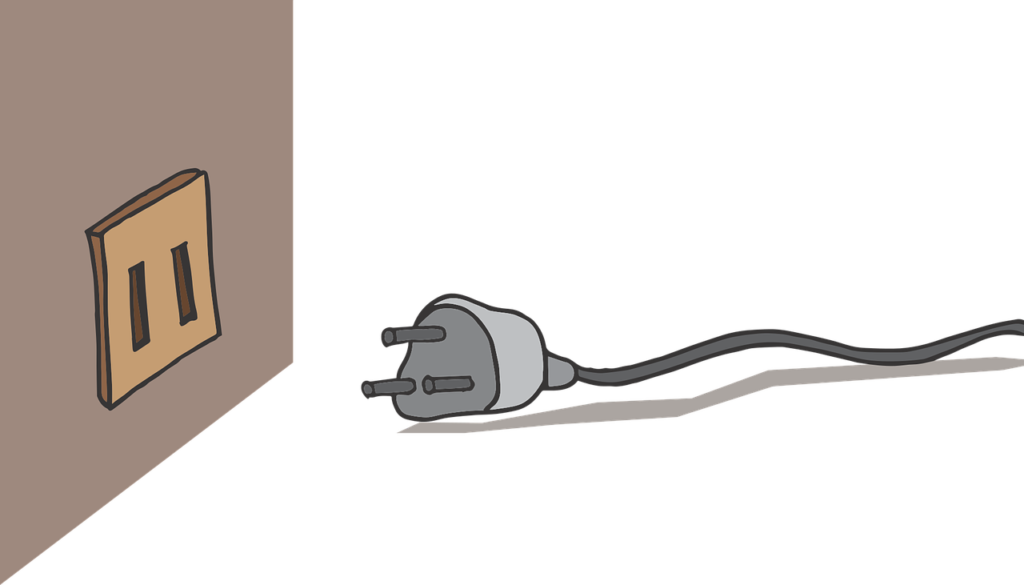Electrical Dangers in the Home: How to Stay Safe from Common Electrical Hazards

Electrical Dangers in the Home
Introduction
In today’s modern world, electricity powers almost every aspect of our lives, from our homes to our workplaces. While it’s undoubtedly a convenience, it also poses significant dangers, especially within the confines of our homes. Understanding these risks and taking proactive measures to mitigate them is crucial for the safety of ourselves and our loved ones.
The Importance of Electrical Safety
Electricity, while essential, can also be extremely hazardous if not handled with care. From the risk of electrical fires to the potential for fatal shocks, the dangers associated with electricity in the home are real and significant. In this article, we’ll explore some of the most common electrical hazards found in households and discuss practical steps to prevent accidents and ensure a safe living environment.
Common Electrical Dangers
1. Faulty Wiring
Understanding the Risks
Poorly installed or deteriorating wiring significantly increases the likelihood of electrical fires. DIY electrical work without proper expertise can exacerbate this risk.
Preventive Measures
- Hire a licensed electrician for any electrical installations or repairs.
- Schedule regular inspections of your home’s wiring to identify and address potential issues promptly.
- Consider upgrading outdated or faulty wiring to minimize the risk of fires and electrical accidents.
2. Outlets Close to Water Sources
Identifying the Hazard
Water and electricity are a deadly combination. Outlets located near water sources, such as those in bathrooms and kitchens, pose a severe risk of electric shock and potential fatalities.
Mitigation Strategies
- Ensure outlets are installed at a safe distance from sinks, bathtubs, and other water sources.
- Install ground fault circuit interrupters (GFCIs) in areas where water is present to quickly shut off power in the event of a fault.
3. Covered Electrical Cords and Wires
Recognizing the Danger
Covering electrical cords and wires can lead to overheating, sparking, and ultimately, fires. Proper cord management is essential to prevent these hazards.
Precautionary Steps
- Keep cords and wires away from flammable materials and ensure they have adequate ventilation.
- Avoid running cords under rugs or carpets, as this can trap heat and increase the risk of fire.
4. Light Bulb Hazards
Understanding the Risks
While often overlooked, improperly installed or covered light bulbs can pose significant fire and shock hazards.
Safety Recommendations
- Always turn off power before replacing light bulbs to avoid electric shock.
- Use the correct wattage bulbs for fixtures to prevent overheating and potential fires.
5. Misuse of Extension Cords
Identifying the Risk
Improper use of extension cords, such as overloading them or leaving them in high-traffic areas, can lead to tripping hazards and fire hazards.
Preventive Actions
- Avoid using extension cords as permanent solutions and instead invest in additional outlets where needed.
- Use power strips with surge protection for added safety when connecting multiple devices.
6. Child Safety Concerns
Recognizing the Threat
Uncovered electrical outlets present a significant risk to curious children, who may insert objects and receive electric shocks.
Protective Measures
- Install childproof outlet covers to prevent access to outlets when not in use.
- Educate children about the dangers of electricity and the importance of electrical safety.
7. Dealing with Electrical Fires
Responding Appropriately
In the event of an electrical fire, pouring water is not the solution and can exacerbate the situation.
Emergency Preparedness
- Keep a fire extinguisher rated for electrical fires readily accessible in your home.
- If unable to extinguish the fire safely, disconnect power and evacuate the premises, calling emergency services for assistance.
Conclusion
Electricity undoubtedly enhances our lives, but it also presents significant hazards, particularly within our homes. By understanding the risks associated with electrical systems and implementing appropriate safety measures, we can minimize the likelihood of accidents and create a safer living environment for ourselves and our families.
Unique FAQs
- Why is it essential to hire a professional electrician for wiring tasks?
- Professional electricians have the expertise and training to ensure wiring installations meet safety standards, reducing the risk of electrical hazards.
- What are some signs of faulty wiring that homeowners should watch out for?
- Signs of faulty wiring include flickering lights, frequent circuit breaker trips, and burning smells emanating from outlets or electrical panels.
- Can extension cords be used safely in the home?
- Extension cords should only be used temporarily and never overloaded. Permanent wiring solutions are safer for long-term use.
- How often should electrical systems in the home be inspected?
- Home electrical systems should be inspected by a licensed electrician at least once every few years, or more frequently if there are signs of issues.
- What should homeowners do if they experience an electrical shock?
- If someone receives an electric shock, it’s crucial to seek medical attention immediately, even if the symptoms seem minor. Electrical shocks can cause internal injuries that may not be immediately apparent.

porno tthighereduhryyy.KB4yvAx3Oni
great article
great article